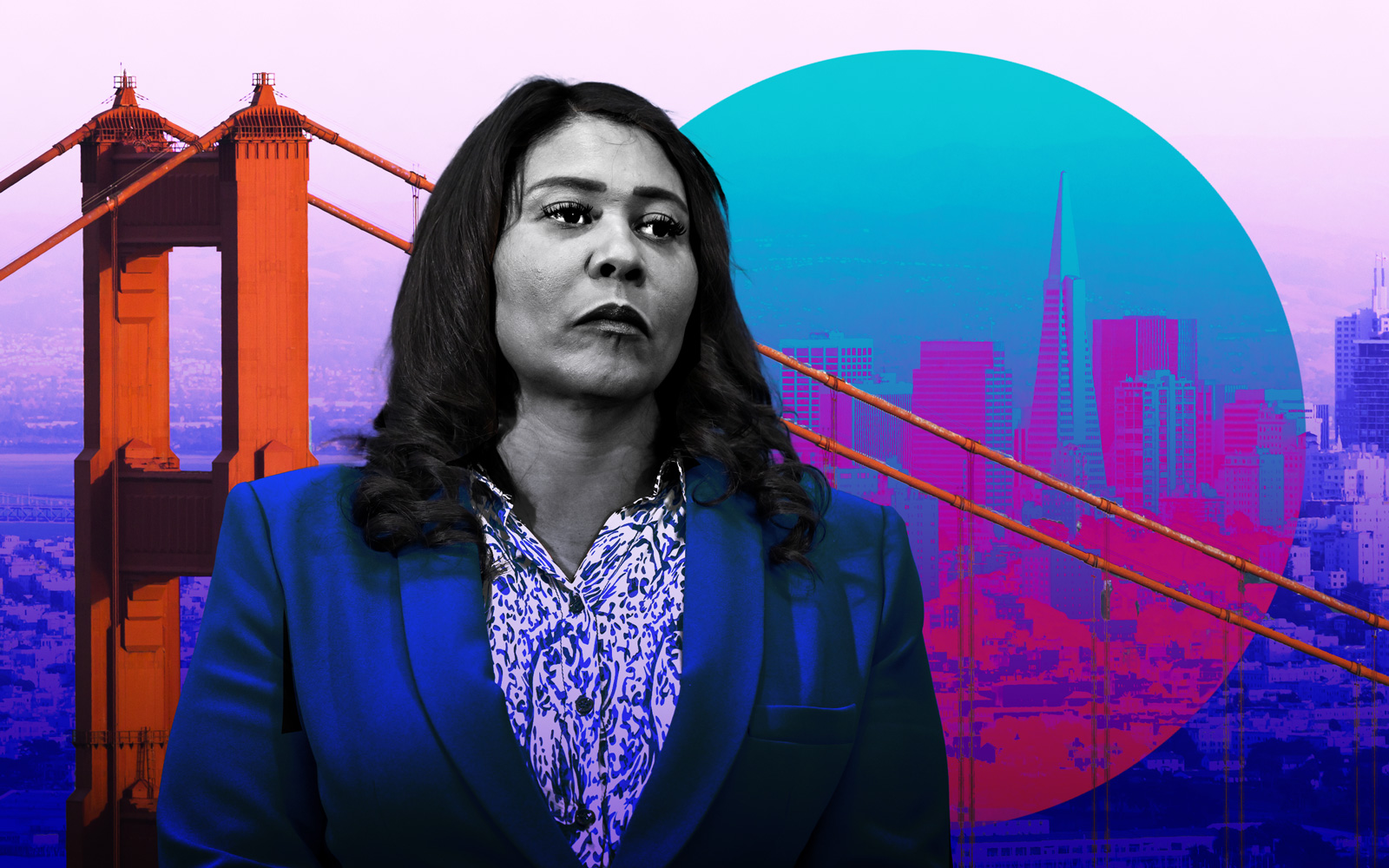Brick & Timber Collective says it’s poised to make a $500 million bet on offices in San Francisco.
The San Francisco-based investor plans to spend hundreds of millions to buy “struggling” commercial buildings and fix them up, based on the conviction that tech growth will generate demand for well-positioned and attractive offices, the San Francisco Chronicle reported.
“We don’t make these moves based on hope,” Jesse Feldman, a partner at the firm, told the newspaper. “This is the beginning of a new cycle.
“There are still a lot of strong, innovative companies in San Francisco that still want offices. … it’s still one of the world’s great cities.”
Brick & Timber Collective, founded in 2013 by Glenn Gilmore, developed its chops turning Gold Rush-era warehouses into offices for venture capitalists along the North Waterfront. Within five years, it had sunk $115 million into five buildings in San Francisco and three in Pasadena, according to the San Francisco Business Times.
Its seven San Francisco buildings in Jackson Square and North Beach are fully leased, according to the Chronicle, unlike the stacks of empty offices across the city. In June, city offices hit a record-high vacancy rate of 31 percent.
Among its tenants is Bain Capital, which early this year leased a turn-of-the-century, former horse stable at 450 Pacific Avenue, The Real Deal reported. In 2019, Brick & Timber bought it for $32 million.
During the pandemic, Brick & Timber headed to Florida, where it bought three office buildings in Miami’s Wynwood, a former warehouse district redeveloped into an arts and dining hub, along with offices, for $118 million, according to TRD.
Read more



Back in San Francisco and poised to reinvest in the city, Feldman acknowledged San Francisco “is not in a good place” and needs to make “improvements.”
But with a plunge in office building values from $800 per square foot before the pandemic to $200 per square foot, now is an opportunity for Brick & Timber Collective and others placing bets on the city’s future.
“Office buildings will continue to sell at new, far lower prices, which will allow the owners to let these (buildings) fill with companies again, and then office rent growth will slowly increase over time,” Gilmore said in a statement. “This is the most likely outcome for the Financial District,”
— Dana Bartholomew
